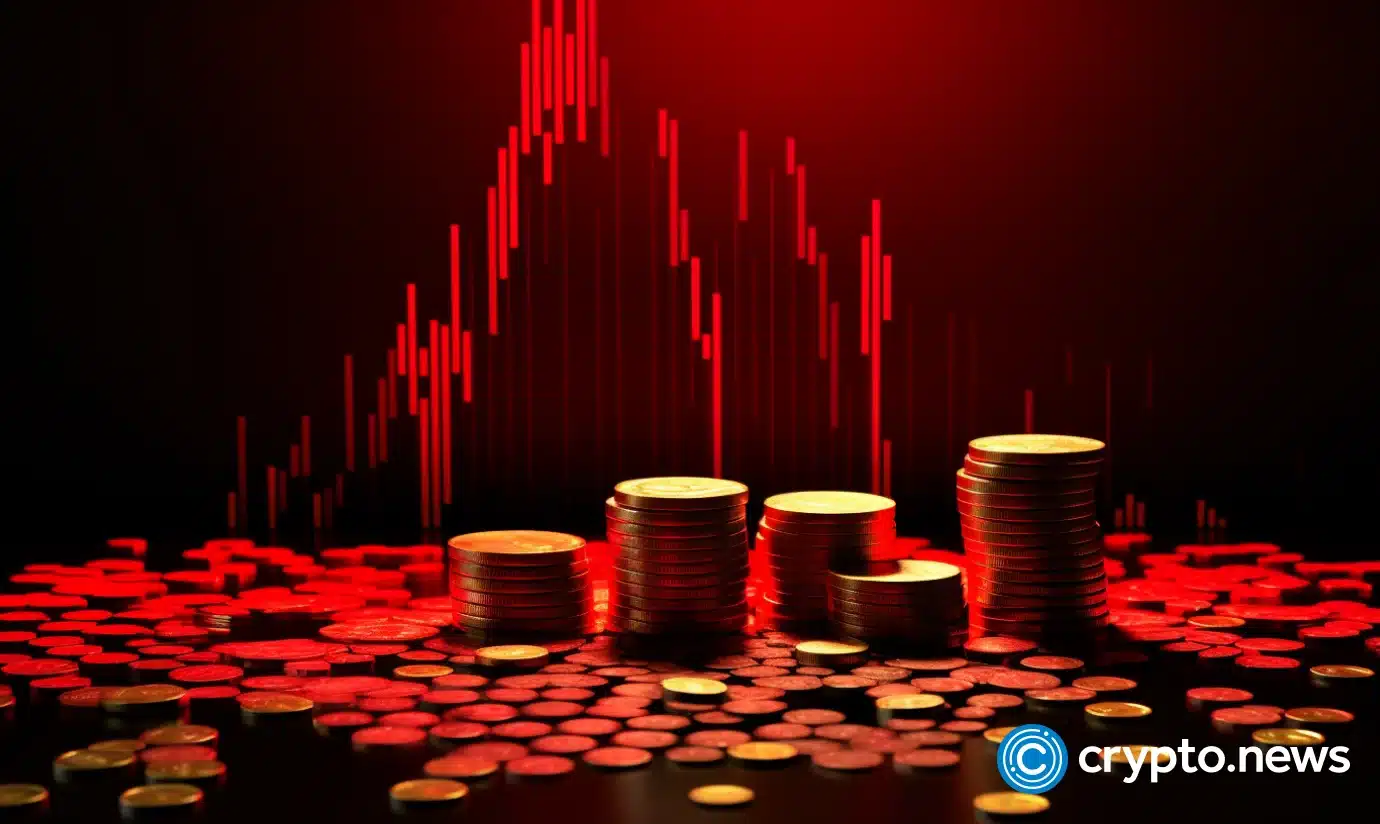South Korea authorities have acquitted a group of cryptocurrency traders previously accused of exploiting the “Kimchi premium” by conducting arbitrage between local and overseas exchanges. The traders were alleged to have capitalized on the price discrepancies to amass profits estimated at $3.2 billion. This ruling has sparked discussions on the regulatory framework surrounding cryptocurrency trading within the country, especially in light of the upcoming Virtual Asset Protection Act.
Legal and regulatory implications
The court’s decision hinged on interpreting the traders’ activities as requiring registration for conducting trade payment settlements between South Korea and foreign countries. The judge noted the practical challenges in enforcing such a registration requirement, highlighting a significant gap in the current regulatory landscape. This verdict underscores the complexities of applying traditional financial laws to the rapidly evolving cryptocurrency market.
Prosecutors had argued that the traders unlawfully exploited the price gap, which ranged from 3% to 5%. However, the court found insufficient evidence to substantiate claims of legal violations, emphasizing the need for clearer regulations in the cryptocurrency domain. This case has brought to the forefront the issue of regulatory clarity, which remains ambiguous in South Korea. With the Virtual Asset Protection Act set to be enforced in July 2024, the industry is awaiting more concrete guidelines to address such legal ambiguities.
The phenomenon known as the Kimchi premium, where cryptocurrencies are priced higher on South Korean exchanges than abroad, has been a unique aspect of the country’s crypto market. This price discrepancy is attributed to the limited high-return investment opportunities within South Korea. The country’s cryptocurrency market continues to show robust activity despite the recent legal proceedings, with revenues projected to reach $2.2 billion by 2027, according to Statista.
The case also shed light on the operational practices within financial institutions, particularly the role of bank employees in processing transfer transactions without thorough verification. This aspect of the proceedings points to a broader issue of oversight and due diligence in handling cryptocurrency-related transactions by traditional financial entities.
Cryptocurrency’s growing influence in South Korea
The acquittal comes when cryptocurrency gains significant traction among South Korean National Assembly members. An investigation by the Anti-Corruption and Civil Rights Commission revealed a noticeable increase in crypto asset ownership among assembly members, indicating a growing acceptance and interest in digital currencies within the country’s political landscape.
This trend mirrors the wider adoption and integration of cryptocurrencies in South Korea’s financial and investment sectors. However, the case also highlights the urgent need for comprehensive regulatory frameworks to govern the trading and use of digital assets, ensuring market stability and protecting investors from potential abuses.
The acquittal of South Korean traders accused of exploiting the Kimchi premium has highlighted the challenges of applying existing financial laws to the cryptocurrency market and underscored the pressing need for regulatory clarity. As South Korea prepares to implement the Virtual Asset Protection Act, the industry looks forward to guidelines that could foster a more secure and stable cryptocurrency trading environment. Meanwhile, the growing interest in digital currencies among lawmakers suggests a potential shift towards more favorable policies for the crypto sector in the near future.





